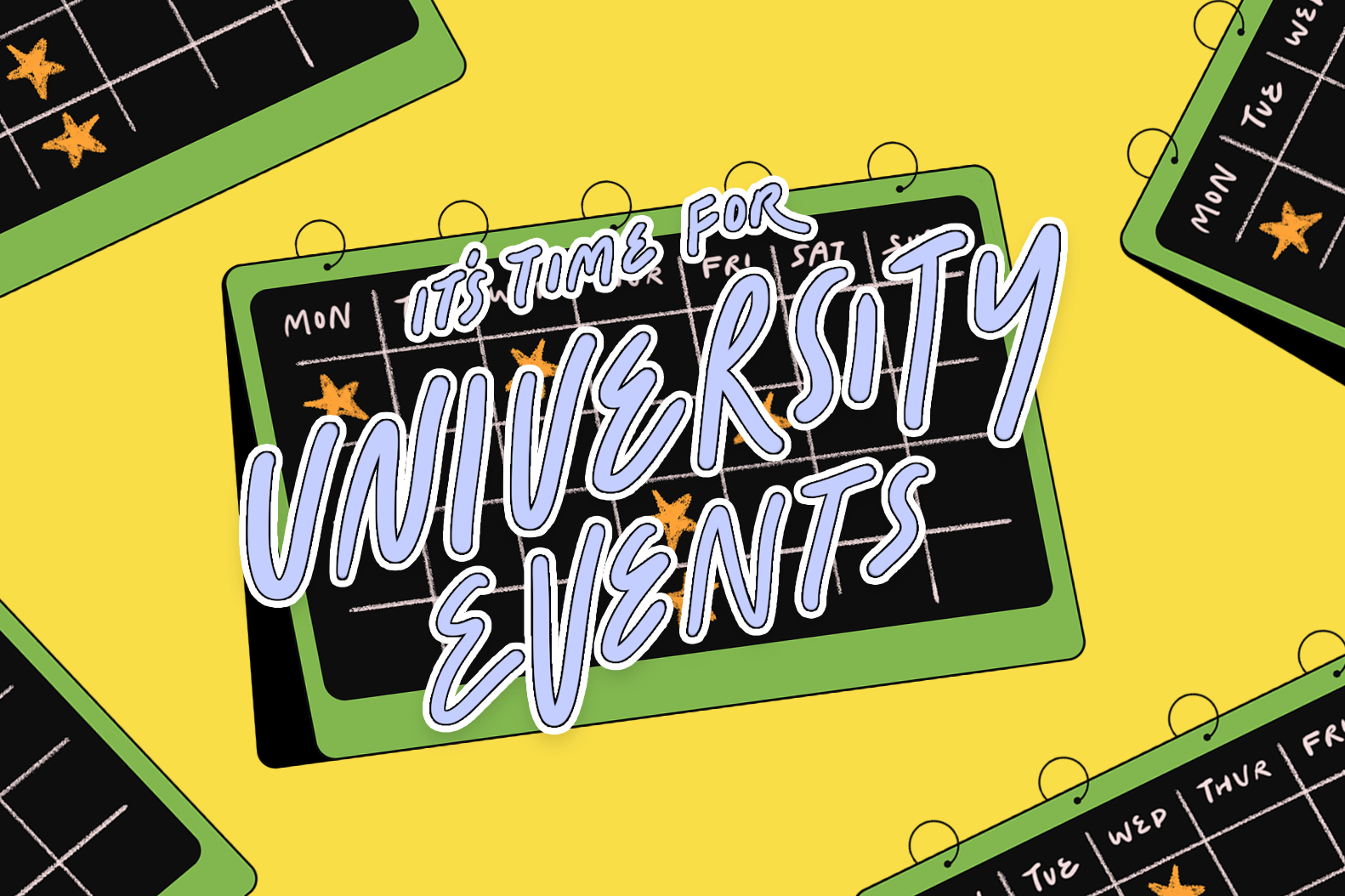Whenever exam season is around the corner, the air begins to be filled with constant declarations of “just do your best”.
In these moments, I find myself stuck with a nagging thought: What exactly is doing my best?
I’ve had conversations with others on this, and the conclusion is that it’s the effort that counts — not being the best, but trying your best.
But that only left me with more questions. How do I figure out what constitutes “ trying my best” and where do I draw the line?
It can be easy to get caught up with worry that we aren’t doing all we absolutely can. And when everyone seems to have different benchmarks, we don’t know who or what to base our studying habits on.
What’s worse, some of us have had enough. Maybe the phrase “doing your best” feels cliche, pressurising and simply unattainable when all you really want to do is give up.

Having taken more than a decade’s worth of exams (and counting), I can’t say I’ve found the answer. But I’ve narrowed down this list to three things that I think are helpful as we figure out how God wants us to view our studying journey.
I hope these handles on what NOT to do can inform the way you approach your next exam!
1. Let’s not compare
With the friend on your left spamming cups of coffee to study through the night, and the friend on your right walking into the exam hall knowing he spent the day before gaming, everyone seems to have their own ideas on how much they should study.
And there are those who are built different — intellectual geniuses that grasp concepts and retain information quickly, unlike others who simply need a longer time to get the hang of things.
Not to mention some people seem to function fine with a good three or four hours of sleep daily (still not recommended though!), whereas the rest of us require more rest to function.
Beyond the above, there are also other life constraints, such as having less time for your schoolwork because you’re working part time to help with household expenses.
“Our best” looks different for everyone.
We’re all made differently with different purposes (1 Corinthians 12:18). And at any one time, each of us are at different stages and seasons of our lives.
But being placed in the same education system, it’s difficult not to compare our results, studying methods and even the amount of effort we put in.
Despite this, it’s important to understand that looking to others to determine how and how much we should be studying will only stress us out.
We will also begin to doubt or downplay the effort we have already put in when we hear of others doing more than us. After all, “our best” looks different for everyone.
Think about the Parable of the Talents (Matthew 25:14-30). All God desires is for us to work with what He has bestowed us with.
That means to tap on our gifts, make use of the time we have wisely and put in the amount of effort we’re realistically able to.
In Proverbs 4:25, God also calls us to keep our gaze fixed forward. We should be looking towards the ultimate goal of glorifying Him through our attitude as a student.
With that in mind, let God be the only one to guide you as you figure out how best (and how much is enough) to study.
Ask Him for wisdom on how you should be parcelling out your time!
2. Let’s not be overcome with guilt
During exam season, guilt can make itself comfortable in our hearts. We feel bad for taking breaks or spending time with our loved ones.
It’s almost as if there’s an invisible pressure to always be studying.
In my own experience, on days I felt particularly unproductive, I believed I didn’t deserve a break, so I would spend the period of rest drowning in self-reproach.
As a result, I ended up feeling even more tired rather than refreshed by the break.
In the marathon that’s gearing up for a big exam, understand that breaks are not only fine, but also good. You rest to gain energy to go further.
This could look like doing something you enjoy, e.g. exercising, jamming with your guitar, journalling, watching a movie, going out with a friend for a meal or heading to the beach with your family.

Though God want us to steward our time well, “doing your best” should not be at the cost of our health.
Our body is a temple of God (1 Corinthians 6:19). It’s not pleasing to the Lord should we destroy it just for a good grade.
Remember that even God made it a point to take a break after all the work of creation (Genesis 2:2-3).
That’s not to say we get a free pass to take countless breaks just because we don’t feel like studying.
It does mean, however, that we don’t beat ourselves up for taking a healthy amount of time-offs to rejuvenate and refocus.
You’re more than a student — you’re also a son, a daughter, a brother, a sister and a friend.
3. Let’s not forget about God
What about church and quiet time? Surely God would understand if I cut down on these things just to squeeze in a little more revision, right?
There are some things that are not worth compromising on — and our relationship with God should be the last thing that gets affected in this study period.
I don’t just say this because “it’s the right thing to do”. I say it because it’s the best decision I made, and I hope that everyone can experience the freedom and joy that comes from seeking the Lord even in busy seasons.
In my personal experience, when I made it a point to continue showing up at church and spending time in the presence of God every day, He did a deep work in me.
I learnt not to hold on too tightly to my studies and found my deepest satisfaction in Him. I also relied more on Him to strengthen me and began to enjoy studying more as I involved Him in the process.
I started to see the concepts or exercises I was working on through God’s eyes. Whenever I struggled, the knowledge that He was in control removed my stress and filled my heart with overwhelming peace.

Many times, spending time with God would also address an area of worry or give me encouragement to keep going.
Rather than see Him as a distraction to my studying, the Lord was the key instead. I would not have been able to conquer so many examinations if not for His sustenance.
You’re in good hands
As you continue to manoeuvre the rhythms of “trying your best”, remember that it’s a journey. And you will not be shortchanged as you make the decision to trust God through it all!
“For I know the plans I have for you,” says the Lord. “They are plans for good and not for disaster, to give you a future and a hope.” Jeremiah 29:11 (NLT)
God has a great future in store for you, and I pray you will hold on to this promise even as you work hard.
Keep your eyes away from the paths of others and focus on God’s unique destiny for your life!
Reach out if you need support because you’re not alone in the journey.
All the best for your exams! We pray that more than doing well, you’ll find so much joy and purpose in the process.
- What does “doing your best” look like to you?
- Which of the three handles do you think you can work on applying in your life?
- How do you think you can involve God in the process as you gear up for the exams?
- Is there anyone you can encourage and spur on in this stressful season?









